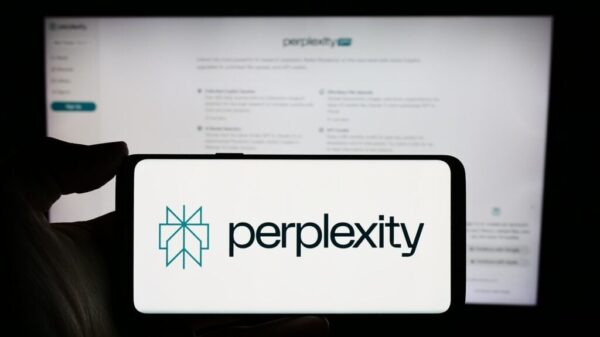A platform known for its promise of “spicy AI chatting,” called **Secret Desires**, recently faced a significant data breach that exposed nearly two million images and videos, including personal information about users. This alarming incident was reported by **404 Media**, highlighting a troubling concern regarding privacy in the realm of generative AI technologies.
Secret Desires functions as an erotic chatbot and AI image generator, leaving cloud storage containers vulnerable. These containers contained not only images but also sensitive details such as names, workplaces, and universities of individuals, many of whom were private citizens. The breach underscores a disturbing trend where generative AI tools are exploited to create nonconsensual explicit content, further compounding issues of consent and user privacy in the digital age.
The Nature of the Leak
The data leak, described as a “massive breach,” includes explicit content derived from both real individuals—such as influencers and public figures—as well as non-famous women. The exposed materials even featured user-generated AI images, notably those produced by a now-defunct “faceswap” feature, which **Secret Desires** had previously removed. Disturbingly, some of the file names in the breached data included terms like “17-year-old,” highlighting the potential for misuse of such content.
While platforms like **Character.AI** and **Replika** impose restrictions on pornographic material, Secret Desires has positioned itself differently, stating that it provides “limitless intimacy and connection” in its user guidelines. Despite the promises of privacy and consent, incidents like this reveal significant vulnerabilities that can lead to severe repercussions for individuals.
Notably, the company behind Secret Desires did not respond to requests for comment from 404 Media, but the compromised files were rendered inaccessible shortly after the inquiry was made. This raises further questions about accountability and transparency within the industry.
Broader Implications for AI Ethics and Regulation
The issue of explicit deepfakes has been a growing concern for years, particularly as AI-generated content increasingly features the likenesses of women. This phenomenon affects not only celebrities but also countless ordinary individuals, contributing to a disturbing trend where even minors can become victims of online exploitation. The potential for creating online child sex abuse material is a stark reminder of the ethical challenges posed by advanced AI technologies.
In response to these issues, the **Take It Down Act** was passed by Congress this year to combat the proliferation of deepfake images. However, this legislation has been met with controversy, as various free speech and advocacy groups argue that it could be misused against consensual explicit material or legitimate political discourse. This tension between protecting individuals and preserving free expression continues to shape the conversation around AI ethics and policy.
As generative AI technologies evolve, the need for robust regulatory frameworks becomes increasingly critical. The implications of breaches such as that faced by Secret Desires extend far beyond individual privacy concerns; they touch on broader societal issues, including the potential for AI to perpetuate harmful stereotypes and contribute to systemic injustices.
Moving forward, it is vital for both developers and users of AI technologies to prioritize ethical considerations and implement safeguards that protect individual rights. As the landscape of generative AI continues to shift, ongoing dialogue and exploration of regulatory measures will be essential in addressing the challenges posed by these powerful tools.
See also IIT Patna and Adobe Research Launch TAI Framework for Translating 1,570 Indian Poems
IIT Patna and Adobe Research Launch TAI Framework for Translating 1,570 Indian Poems Google CEO Urges Caution on AI Trustworthiness as Gemini 3.0 Launches
Google CEO Urges Caution on AI Trustworthiness as Gemini 3.0 Launches Generative AI Transforms QA with Human Oversight to Prevent Technical Debt
Generative AI Transforms QA with Human Oversight to Prevent Technical Debt Google Launches Gemini 3 with Autonomous Agents and Veo Video Generation Tools
Google Launches Gemini 3 with Autonomous Agents and Veo Video Generation Tools Apple Unveils On-Device LLMs for Accurate Audio-Motion Activity Insights with 90% Accuracy
Apple Unveils On-Device LLMs for Accurate Audio-Motion Activity Insights with 90% Accuracy

























































